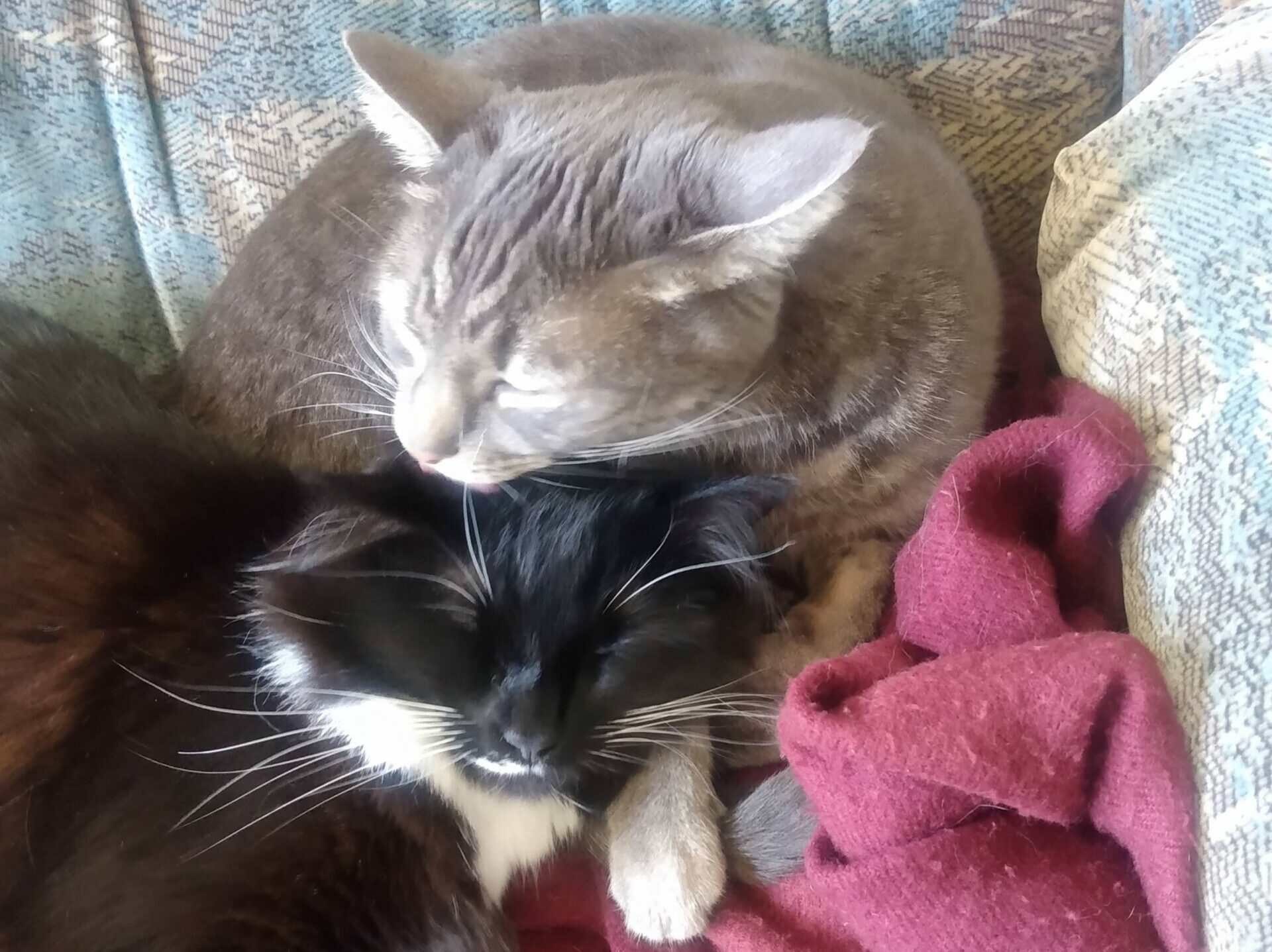I have a fair amount of prior knowledge about Fair Use laws, particularly on content-creation platforms such as YouTube and Tiktok. I believe that the commonly accepted practices of Fair Use regarding copyrighted materials and intellectual property is adequate in terms of protecting creators on both sides, but the application of these premises is inherently flawed.
The idea behind Fair Use is that you cannot simply steal someone else’s work – which is justified and understandable. Of course, if you want to critique or add to a work, Fair Use allows transformative use of a work as necessary. The rules are fairly vague by necessity, but unfortunately they are often not applied equitably.
One example is where Fair Use fails to protect creators, especially smaller ones. If their content receives a copyright strike, they have the ability to contest this, as they should. However, their content cannot be monetized and often will not be promoted until the claim is settled one way or another. This means that a creator will lose revenue and be shunned by the platform’s algorithm until the matter is resolved, and they cannot reclaim any of this revenue if they are proven to be in the right. Therefore, creators but especially larger creators can silence criticism of their work by claiming that a video has stolen their content despite the usage being protected under Fair Use. This causes the criticizing creator to lose their income for that video for an undetermined amount of time, particularly as larger creators are awarded faster responses from the platforms hosting their content. This amounts to creators losing income, sponsorships, views, engagement, and possibly their livelihood as they’re pushed off the platforms by larger creators with more resources.
Another example is of the Fair Use rules being applied to liberally. The entire genre of “react” videos, as well as many compilations, inherently use content from other creators to gain far more views than the content they’re reacting to. They may or may not compensate or even credit the original creators in their work. Though this is protected under Fair Use for being transformative, and most of the work may not be copyrighted to being with, I think that greater scrutiny must be placed on the real impacts of Fair Use on social media sites. Professionals making decisions regarding whether content is protected under Fair Use or not need to ensure that their domain is accessible, does not prioritize larger creators to the detriment of the majority, and follow evolving trends to ensure that their work is equitable in such a rapidly changing environment.

Leave a Reply